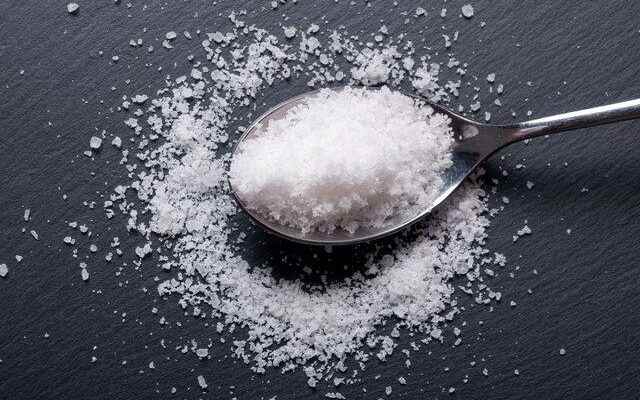While many people do not hesitate to add it to the plate to increase the taste of the food; Consumption of high-salt foods, from processed foods to snacks, also increases the risk. Acıbadem Kozyatağı Hospital Nephrology Specialist Prof. Dr. Tevfik Rıfkı Evrenkaya emphasizes that salt, which has important benefits when consumed with the minerals it contains in doses, that is, 5 grams on average daily, can cause life-threatening dangers when consumed excessively.
6 SIGNIFICANT DAMAGES OF EXCESSIVE SALT!
Nephrology Specialist Prof. Dr. Tevfik Rıfkı Evrenkaya made a statement within the scope of the 14-20 March World Salt Awareness Week, explained the 6 harms of excessive salt, and made important warnings and suggestions.
HYPERTENSION
Hypertension (high blood pressure), which is becoming increasingly common today, is a dangerous disease that is directly related to excessive salt consumption. Excess salt consumption can increase blood pressure, leading to heart failure, enlarged heart, and heart attack. The recommended daily intake of salt is about 5 grams, which is about a teaspoon of salt. Regardless of its origin and name (sea, rock, etc.), table salt is sodium chloride and its excess increases the risk of heart diseases. Made works; It shows that the risk of cardiovascular diseases can be reduced by 17 percent by reducing dietary salt from 10 grams to 5 grams.

KIDNEY DISEASES
Excessive use of salt is one of the factors that cause kidney damage. Salt intake leads to increased excretion of calcium from the body through the urine. When calcium is depleted in the body, calcium absorption from the intestine increases. This paves the way for kidney stones. In addition, excessive salt consumption causes protein leakage, which is one of the most important findings of kidney disease. When salt intake is high, the kidneys have to work harder to remove excess salt. This shortens the life of the kidney. Reducing salt is essential for the treatment of kidney diseases.

STROKE
The higher the amount of sodium in the 24-hour urine, the greater the risk of stroke. Scientific studies; It shows that reducing salt consumption reduces the risk of stroke, for example, reducing 10 grams of dietary salt to 5 grams can reduce the risk of stroke by 23 percent.
OBESITY
Excess salt consumption is considered an indirect cause of obesity. In the studies carried out; It has been determined that the rate of increase in the sales of salty foods and acidic and sugary drinks in the markets is similar. Salt is the most important determinant of acidic and sugary beverage consumption. When the daily salt intake is reduced from 10 grams to 5 grams, there is a 350 ml decrease in daily fluid intake, which is usually in the form of soft drinks.
OSTEOPOROSIS
Excessive salt consumption causes calcium to escape from the bones, weakening the bone structure, increasing its fragility, and even simple falls result in fractures. One of the important rules to prevent osteoporosis, which is known as osteoporosis in the society, which is becoming increasingly common with the increase in sedentary life and high-salt fast-food consumption, is to avoid excessive salt consumption.
EDEMA
When the salt intake increases, there is pressure natriuresis in the urine, that is, the kidneys excrete the excess salt. However, if excessive salt intake continues, salt accumulates in the body. Each salt molecule binds 4 molecules of water and problems such as heart failure, edema, pulmonary edema occur. Edema can be caused by many medical problems, as well as inactivity, carbohydrate-heavy diet and excessive salt consumption. It is also effective to restrict salt against edema, which means excess fluid accumulation in the tissues.
